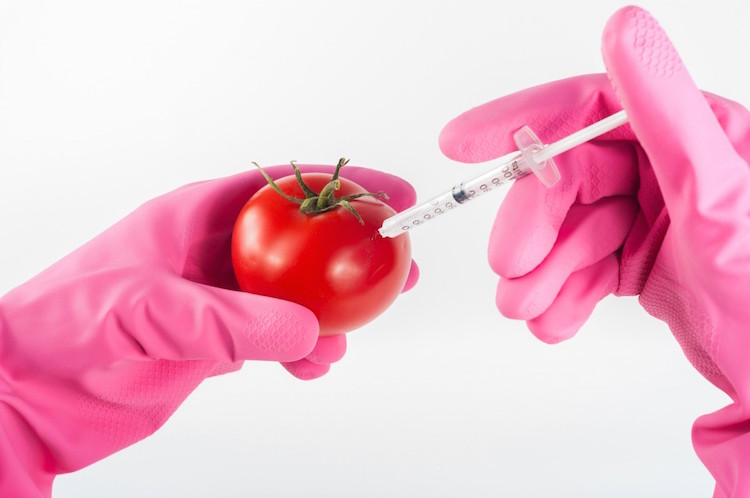CRISPR agriculture will not be regulated in the US

This makes it simple: there will be no regulation in the US concerning agriculture produced through new techniques of CRISPR-Cas9 type genome editing, declared Sonny Perdue, the American Secretary of State on March 28.
We knew the United States to be more liberal than Europe regarding hormone veal and other GMOs. But in autumn 2016, president Barack Obama, at the end of his mandate and facing the emergence of low cost genome editing techniques, started up the evaluation of a “National Strategy for Modernizing the Regulatory System for Biotechnology Products” with the FDA (food), the EPA (environment) and the USDA (agriculture), leading to a series of auditions throughout 2017.
A turnaround for which the American department of Agriculture is taking responsibility for, assuring “it does not have any plans to regulate plants that could otherwise have been developed through traditional breeding techniques.” Sonny Perdue had already taken sides during meetings with companies that had been complaining for a long time about regulatory obstacles for genetically modified organisms. The report is in fact unequivocal: “Through innovative methods, plant scientists can now create new plant varieties that are indistinguishable from those developed through traditional breeding methods. These new approaches to plant breeding include methods like genome editing and present tremendous opportunities for farmers and consumers alike by making available plants with traits that may protect crops against threats like droughts and diseases.”
Sonny Perdue has in fact just affirmed that it is urgent to do nothing, leaving the door wide open to a rapid development of different crops already tested in the field for two or three years, such as the Calyxt CRISPR soybean crop, the JR Simplot Co. and Monsanto potatoes containing a gene resistant to late blight for McDonald’s, or the Okanagan Specialty Fruits apples that do not turn brown.
#GMOs at work: @ArcticApples Apples Don’t Turn Brown – @TheAltDaily https://t.co/N79QQoXQTA pic.twitter.com/SLQhHQ1Vyf
— Farmer's Daughter (@FarmFlavorFun) November 6, 2017
It should be noted that, the day before the approval of its merger with Bayer, Monsanto invested 25 million dollars (20.4 million euros) in Pairwise, a start-up working on the creation of “diversity” in agricultural seeds thanks to CRISPR, a technique Monsanto adopted in 2016 via a non-exclusive agreement with the Massachusetts Institute of Technology.
This American decision took place a week after the approval of the merger of Monsanto with Bayer by the European commission, at a time when the European Court of justice will have to take a decision regarding genome editing in agriculture this April. The announcement of the American position also sends a message to countries like Colombia, Canada, Australia, New Zealand and Norway, actively reflecting on the elaboration of their regulatory policies on these controversial new forms of genetic engineering.
And Sonny Perdue drives the point home: “Using this science, farmers can continue to meet consumer expectations for healthful, affordable food produced in a manner that consumes fewer natural resources. This new innovation will help farmers do what we aspire to do at USDA: do right and feed everyone.”
